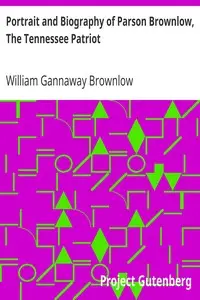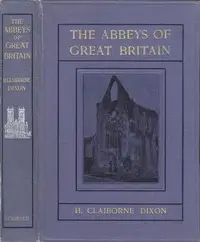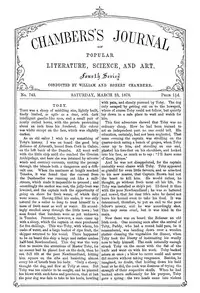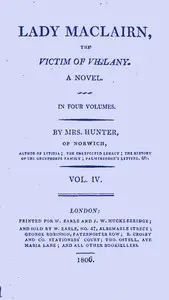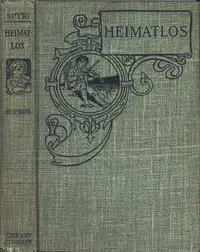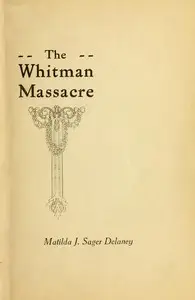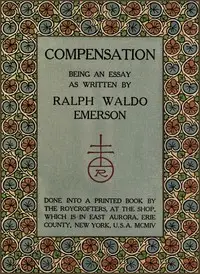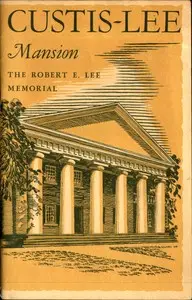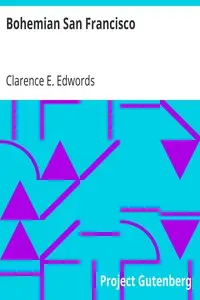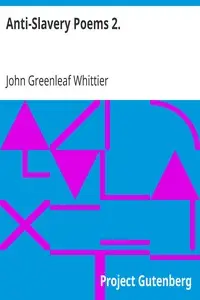"Americanism Contrasted with Foreignism, Romanism, and Bogus Democracy" by William G. Brownlow is a sharp political treatise written in the mid-19th century. The author, who was also an editor and an influential voice in Tennessee politics, critiques the growing influence of Roman Catholicism and foreign elements in American democracy, arguing that they threaten the nation's civil and religious liberties. The work targets the tactics of political parties that seek to align with these foreign influences at the cost of Protestant values and American nationalism. The opening of the text sets a tone of urgency and foreboding, as Brownlow addresses "the young men of America," urging them to act in defense of their liberties during what he describes as a critical moment for the nation. He frames the rise of Romanism—a term he uses to denote Catholicism—alongside what he calls "Bogus Democracy," associating them with treachery and betrayal of American ideals. Brownlow insists that foreign influences and the Catholic Church are engaged in a conspiring effort to undermine the pillars of American society, calling for vigilance and action to protect the nation's soul from this perceived threat. (This is an automatically generated summary.)
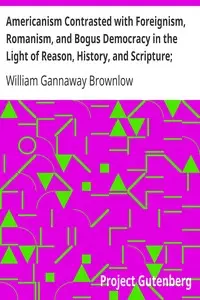
Americanism Contrasted with Foreignism, Romanism, and Bogus Democracy in the Light of Reason, History, and Scripture; In which Certain Demagogues in Tennessee, and Elsewhere, are Shown Up in Their True Colors
By William Gannaway Brownlow
"Americanism Contrasted with Foreignism, Romanism, and Bogus Democracy" by William G. Brownlow is a sharp political treatise written in the mid-19th c...
William Gannaway "Parson" Brownlow was an American newspaper publisher, Methodist minister, book author, prisoner of war, lecturer, and politician who served as the 17th governor of Tennessee from 1865 to 1869 and as a United States Senator from Tennessee from 1869 to 1875. Brownlow rose to prominence in the late 1830s and early 1840s as editor of the Whig, a polemical newspaper in East Tennessee that promoted Henry Clay and the Whig Party ideals, and also that repeated Brownlow's opposition to secession by the southern slave states in the years leading up to the American Civil War. Brownlow's uncompromising and radical viewpoints made him one of the most divisive figures in Tennessee political history and one of the most controversial Reconstruction Era politicians of the United States.


